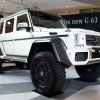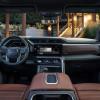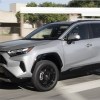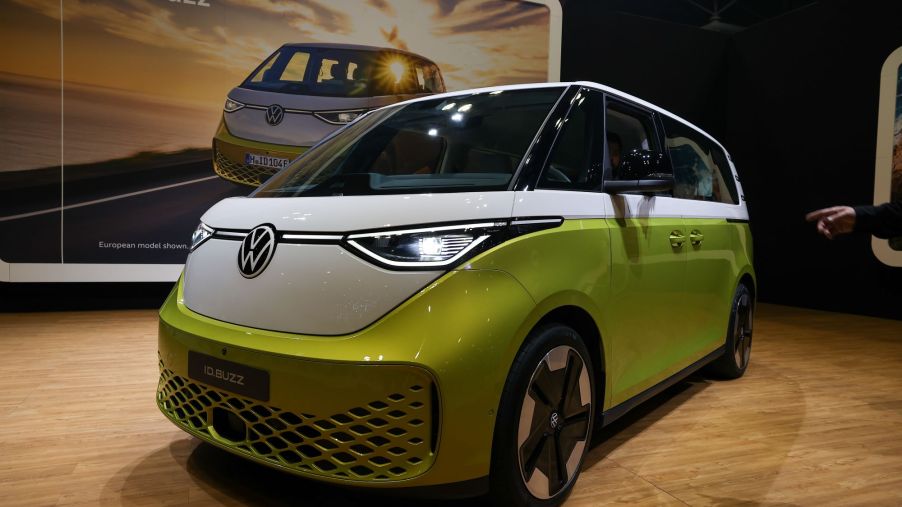
Volkswagen ID. Buzz Engineers Did Cold-Weather Testing in Sweden
When people mention Volkswagen, the chances are the Beetle is the first thing that comes to mind. Apart from the Bug, the other model synonymous with the German manufacturer is the Samba Bus, which is the inspiration behind the yet-to-be-released Volkswagen ID. Buzz. It’s a new EV minivan expected to contend for the best-selling EV van in Europe.
Volkswagen recently released a documentary offering detailed coverage of behind-the-scenes activities that went into creating the electric ID. 7, from its inspiration, the Bulli van, to the conceptualization of the 2001 version and finally, the ID. Buzz’s revelation.
A brief look into the making of the Volkswagen ID. Buzz
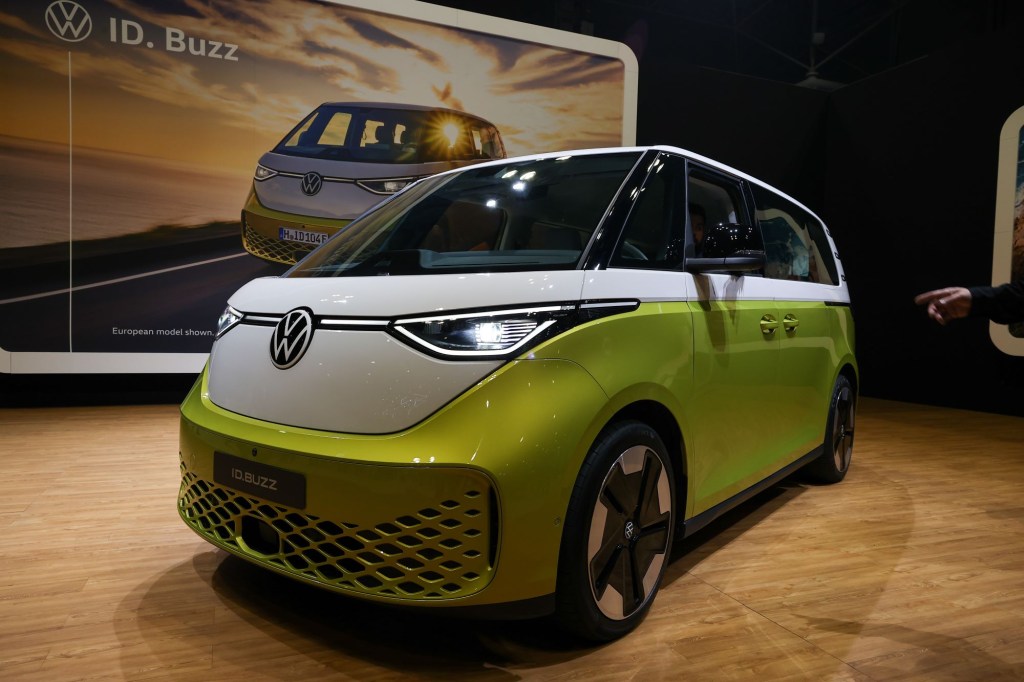
Volkswagen’s forty-minute documentary is an eye-opener, providing crucial insights into what it had been doing behind the curtains to create the new all-electric minivan. The automaker allowed a crew of film professionals to cover several aspects of the development process—something kept under wraps until the car’s unveiling.
According to Volkswagen, the ID. Buzz embodies the company’s decades-long experience in the van manufacturing sector. With that deep knowledge, the vehicle company managed to create the EV with enhanced efficiency by redesigning its shape, adding smoother underbody panels, and a more efficient wheel design. The result was an impressive 0.285 drag coefficient.
Highlighted on Car Buzz, the video also covers the stress-testing phase, which one would only see in spy images. The tests took the Volkswagen engineers to Italy, where they created a vacuum inside the vehicle’s cabin to suck in dust and other elements.
They also detached various panels to identify vulnerabilities in the car’s structure. They corrected those gaps, and the outcomes were used for further upgrades.
The Volkswagen ID. Buzz undergoes cold-weather testing in Sweden
Cold-weather testing is customary among many automakers, and there’s no better place for such a test than a region near the Arctic Circle. That’s what compelled Volkswagen’s engineers to perform the ID. 7’s cold-weather test in Sweden, a county that experiences extreme winter temperatures that average negative 22 degrees Fahrenheit and negative 33 degrees Fahrenheit.
Cold weather can significantly hurt an EV’s range and compromise the performance of critical components. In the documentary, the engineers evaluated the effects of the cold with a keen eye, checking the body panels for ice and other debris after the test. The assessment enabled Volkswagen to gather valuable insights into the car’s cold-weather performance and worst-case figures.
The employees also leveraged the opportunity to test the efficiency of the car’s in-built heating system using its mirrors as the “lab rats.” The mirrors were cooled to negative 20 degrees before the test. The vehicle was then taken into a cold enclosure, and they turned on the heaters with a target thawing time of three minutes. As expected, the iced-up mirrors cleared within that timeframe.
What do we know about the ID. Buzz thus far?
It is known that the Volkswagen ID. 7 is built on the German automaker’s electric MEB platform. It’s this platform that makes the Buzz possible. With modern crash control standards being stiffer, the platform allows Volkswagen to capture the original bus’ forward-control provisions and meet today’s safety regulations.
The Volkswagen ID. 7 also shares some components with the ID. 4. According to MotorTrend, the Buzz comes with a longer wheelbase to accommodate an 82-kWh gross battery pack, the same as the one in the ID. 4 crossover SUV. The two cars feature a rear-mounted permanent-magnet motor that delivers 201 hp and 229 lb-ft of torque.
The MEB platform also enabled Volkswagen to create the ID. Buzz as a multi-purpose vehicle (MPV), which means prospective shoppers can use it as a passenger car or a utilitarian commercial cargo van.
Cold-weather testing is usually one of the last tests a new car undergoes, and it’s safe to say that the company will soon unveil the final product. The ID. 7 is expected to make its market debut in 2024.
